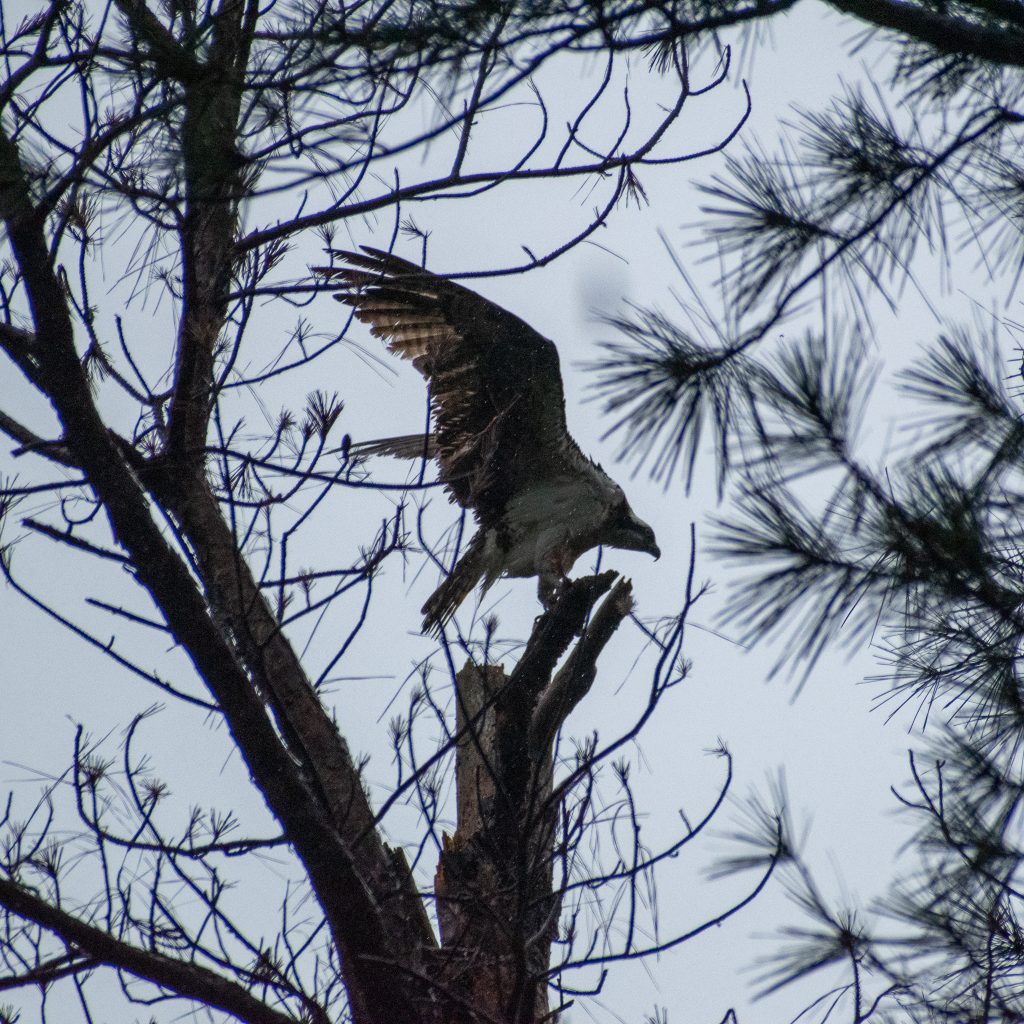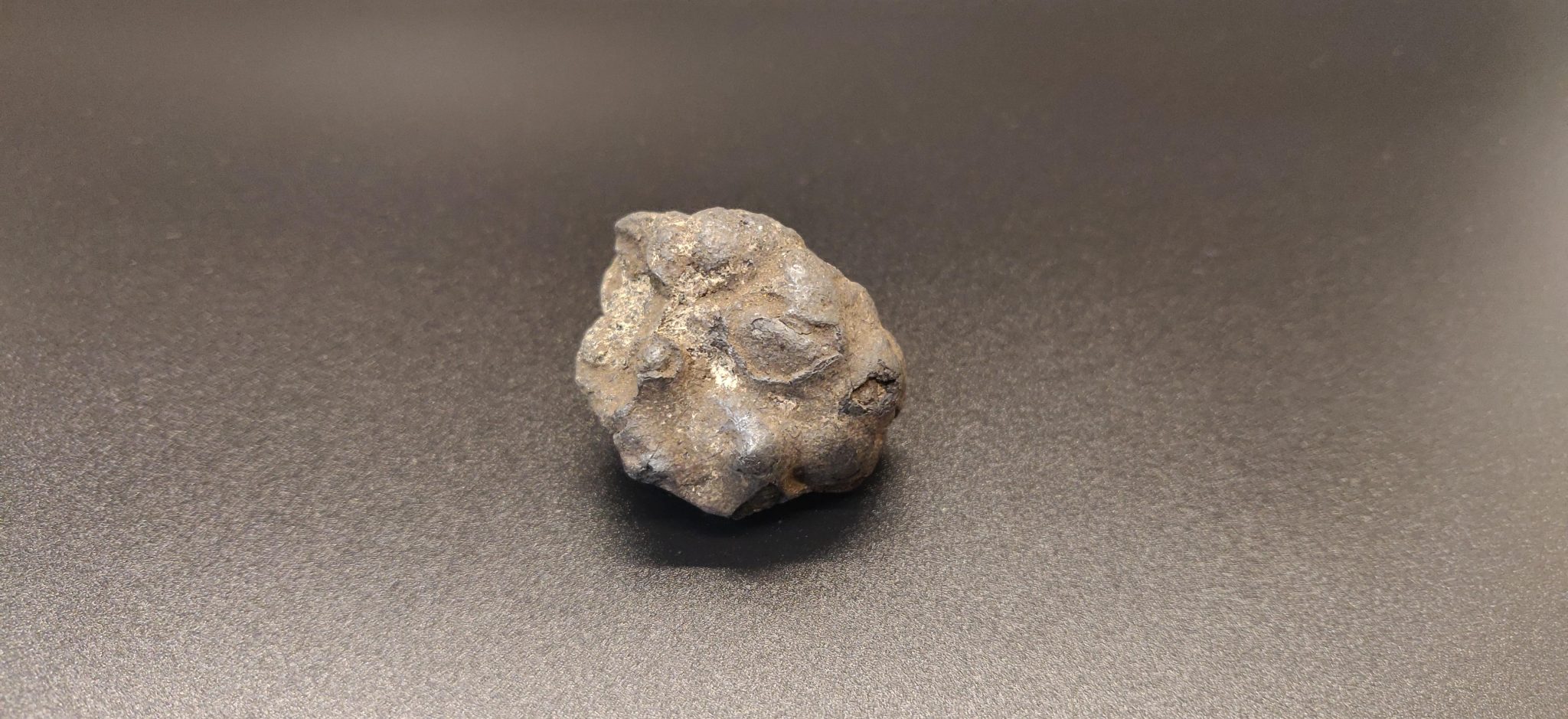August 5, 2020
Holy Mola we are back! Bass my flounder for I have finned. It has been Half A Year since I last posted anything on Southern Fried Science. Granted, that year is 2020, so I think we can all give each other all the slack we need. I have missed this place, my weekly ocean news round ups, and my less frequent deep dives into ocean science, conservation, and exploration. So let’s get back to it: What the heck is up with the ocean this week?
Hurricane Isaias. Hurricane Isaias ripped across the eastern seaboard, striking the Bahamas as a category 1 hurricane before slowing as it approached the United States. It briefly ramped back up to a category 1 storm as it strafed the North Carolina coastline. Isaias spun off hundreds of tornadoes as far north as Delaware as it crawled towards Maine and the Canadian Maritimes. It is the ninth named storm of 2020, the earliest ninth storm to form on record, and the second consecutive hurricane of the season. 2020 is projected to be an exceptionally intense year for Atlantic hurricanes, because of course it is.

Woman killed by Great White Shark. A woman was killed by a Great White Shark last week in Maine’s first recorded lethal shark encounter. Though Great Whites are uncommon, they are not unheard of in northern waters and the recovery of shark populations in the north Atlantic is in general regarded as a success story. With rebounding populations, interactions between humans and wildlife will increase, although such tragic outcomes are still rare. In a strange twist, the victim in this case was an acquaintance of our own resident shark specialist.
We still don’t know how to assess the impacts of deep-sea mining. In Deep-Sea Misconceptions Cause Underestimation of Seabed-Mining Impacts, Smith and friends outline the numerous potential misconceptions that may dramatically affect our estimations of the impact of deep-sea mining. These misconceptions include the scale of the operation, the rate of recovery, and the compounding impacts of other human-induced insults to the seafloor.
Upwelling (the part where Andrew gets on his soapbox)
Yesterday, the President signed the Great American Outdoors Act, a largely bipartisan effort to dramatically increase funding for land conservation across the US; an act that was necessary following decades of Republican leadership gutting funding for the National Parks Service and deferring essential repairs. The $9 billion in funding for deferred maintenance will go towards offsetting over $12 billion in critical repairs that have accumulated since the 1980s, the last decade in which the Park Service budget was significantly increased. It also guarantees almost $1 billion per year for the Land and Water Conservation Fund, which is predominantly funded though royalty payments from offshore oil and gas.
It’s a great law made necessary by decades of leadership failure.
Saltiness aside, it comes at a time when access to the outdoors could not be more essential. With the country in the midst of an historic pandemic and travel significantly curtailed, access to green space is at a premium. And, unsurprisingly, nature deficit disproportionately affects historically marginalized communities, particularly those within urban areas where vast green spaces come in the form of literal walled gardens.
Even with the Great American Outdoors Act, this administration has done more to destroy the environment than any modern presidency, and we can only hope that this will help lay the groundwork for the next president’s Green (and Blue) Awakening.

Welcome back As always a great post
Stay well and Laugh when you can